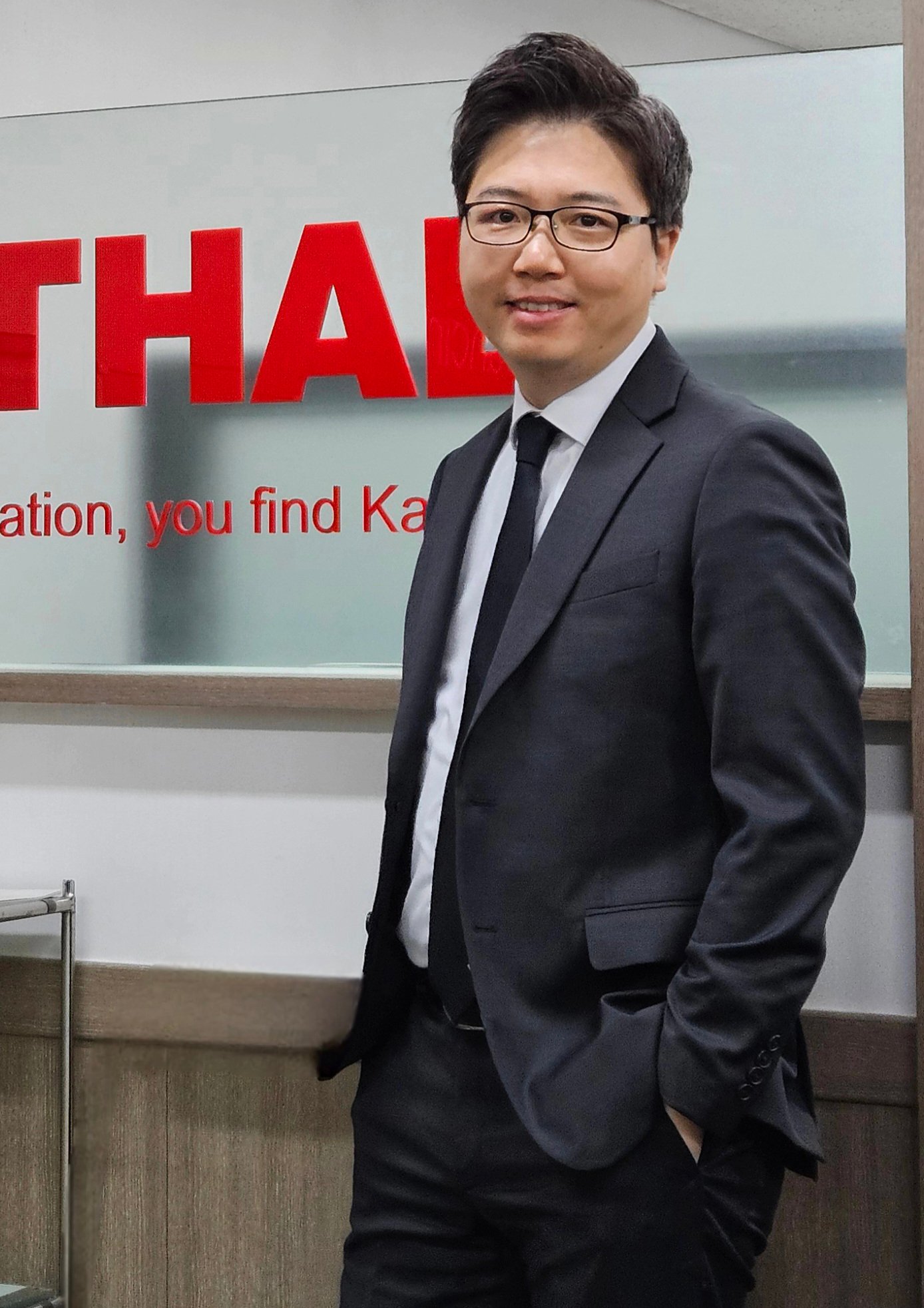 Suwan Kim, Technical Sales, Kanthal.The growth in electric cars and other electronics, combined with high nickel prices, means that the recycling of lithium-ion batteries is becoming an increasingly important industry. This has created new processes for extracting nickel and other metals from old batteries, which then need to be dried out in furnaces at temperatures of around 600-700°C (1,110-1,290°F).
Suwan Kim, Technical Sales, Kanthal.The growth in electric cars and other electronics, combined with high nickel prices, means that the recycling of lithium-ion batteries is becoming an increasingly important industry. This has created new processes for extracting nickel and other metals from old batteries, which then need to be dried out in furnaces at temperatures of around 600-700°C (1,110-1,290°F).
It is critical to choose the right heating solution early in the process of designing the furnace
“Using heating elements that have long lifetimes and are easy to replace is vital for maximizing productivity, as it will reduce the time needed for repairs and maintenance,” says Suwan Kim, Technical Sales, Kanthal. “However, to achieve this, it is critical to choose the right heating solution early in the process of designing the furnace.”
With its broad range of heating elements and extensive experience working with different industrial heating processes, Kanthal is well placed to offer technical advice and to help develop a custom-designed solution.
“Using the different types of elements we produce, as well as the various options we offer, we can tailor a design and find an optimal solution for a specific furnace or process,” says Kim. “That way, we can ensure the furnace uses elements that are easy to replace, and therefore make maintenance quicker and easier.”
Three benefits of working with Kanthal
- Excellent technical support to help with any critical issues
- Extensive experience with a wide variety of industrial heating processes
- Wide range of elements to suit different furnace types
Connected products
Here you can find the Kanthal product offering
Learn from our experts
Our latest articles





